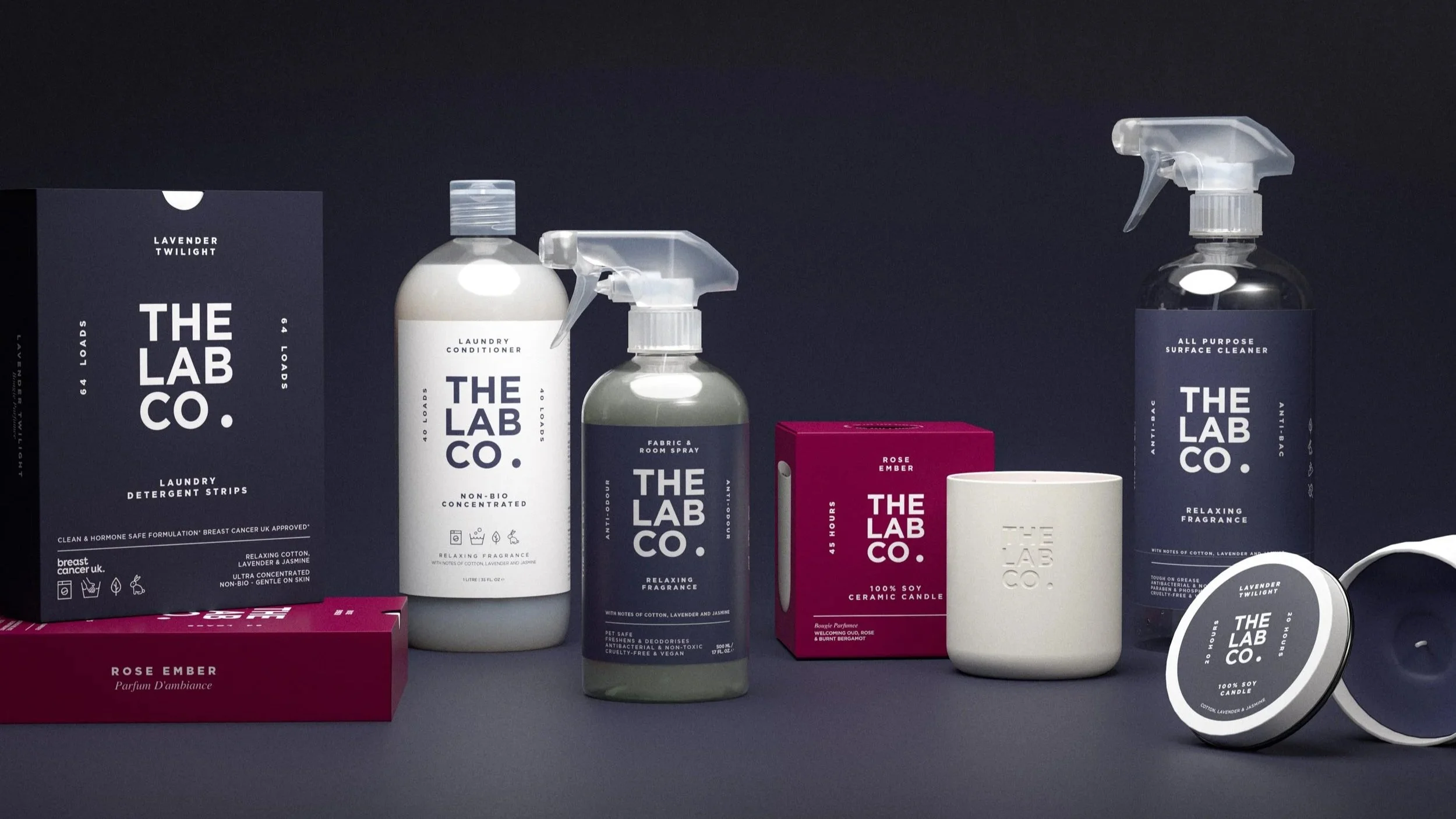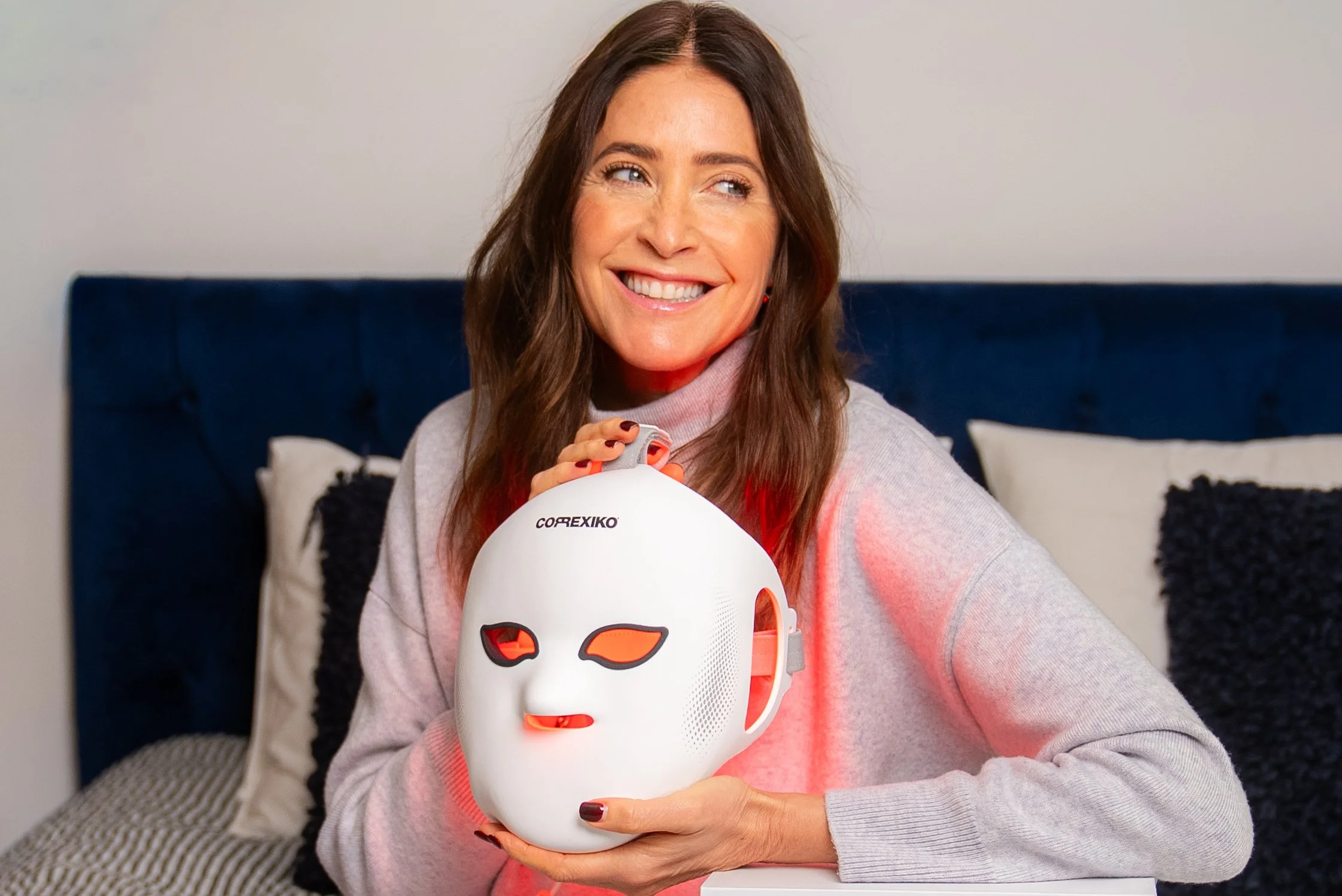Sarah’s Health Notes: how to help dry eye syndrome
Hands up if you’ve spent more time at your screen over the last two years. Yes, us too. Actually, make that screens plural for most people with phones, tablets, laptops and desktops. Alongside all the benefits of connectedness during lockdown come downsides including sore, itchy, tired looking and feeling eyes, commonly known as Dry Eye Syndrome (DES), which affects about one in four people in the UK.
The underlying problem is that prolonged screen time can reduce the rate at which you blink from an average of 18 times per minute to just three times. That also reduces the production of the protective tear film across the eyes so they literally become dry.
Optometrist Nicola Alexander-Cross, founder of Peep Club, says ‘We’re seeing more and more people suffering from dry eye syndrome – 80% of consumers now.’ According to Nicola, although DES can’t be cured it can be managed and fortunately there is now a range of effective products that can really help.
Peep Club offers several products including Instant Relief Eye Spray £15, formulated with sea buckthorn oil and sodium hyaluronate. Find it at victoriahealth.com along with other Peep Club products, which are highly recommended by Victoria Health co-founder Gill Sinclair.
As a longtime sufferer of DES – which has undoubtedly got worse during the pandemic owing to increased screen time – I now favour a double-pronged approach. I use drops morning and evening – currently VisuXL Gel /£11.60 – and top up during the day with MTHK Eye Spray/£15.99, from a new range developed by specialists from the world-renowned Moorfields Eye Hospital in London. You spray this on your eyelids, which has always confused me as I can’t quite understand how it works – but work it certainly does. You can use it over make-up, which is super useful, and it’s fine for contact lens wearers.
Actually, make that a triple-pronged approach as I’m also trialing MTHK Eye Vitamins /£29.99. Formulated by the Moorfields team and based on the latest research, this contains antioxidants naturally found in the retina, with vitamin C to also reduce the risk of cataracts, plus zinc and B vitamins plus vitamin E to support and maintain healthy vision, they say. There’s also maqui berry extract, which helps your eyes to produce tears and has been clinically proven to help with the symptoms of DES. It also helps moisturise the skin around your eyes. While I can’t promise it will help you, this regime is certainly helping me: my eyes are no longer sore or itchy and look pretty sparky now.
Nicola Alexander-Cross also finds that her clients tend to be wearing more eye make-up than usual, possibly due to wearing masks. If that’s you, here are her top tips on doing this in a better way for your eyes:
1. Keep the water-line free of all make-up
2. Replace your mascara every three months
3. Clean and sanitise applicators weekly
4. If you use make-up setting spray, cover your eyes while you spritz it on and for at least a minute after
5. Keep loose powder away from the eye area and forehead. Stick to the T-zone and below the eyes [that’s me told – I fluff on bronzer most days]
6. NEVER share eye make-up and ALWAYS take your eye make-up off before bed!



